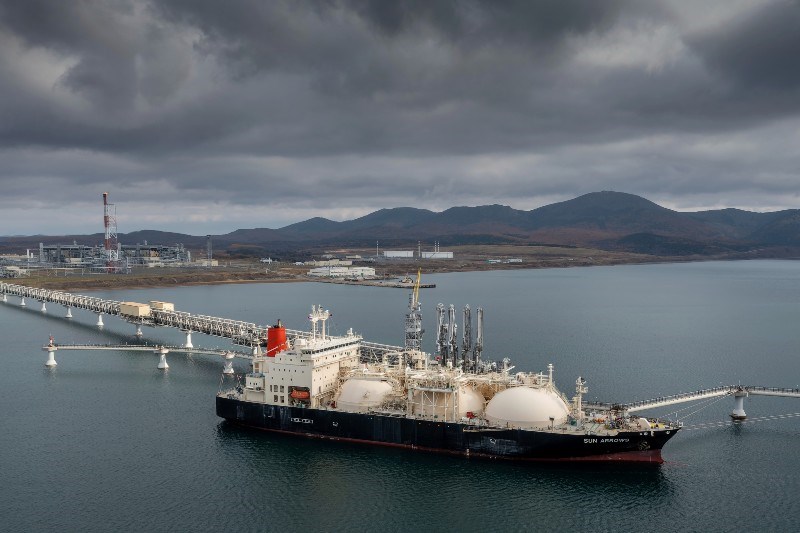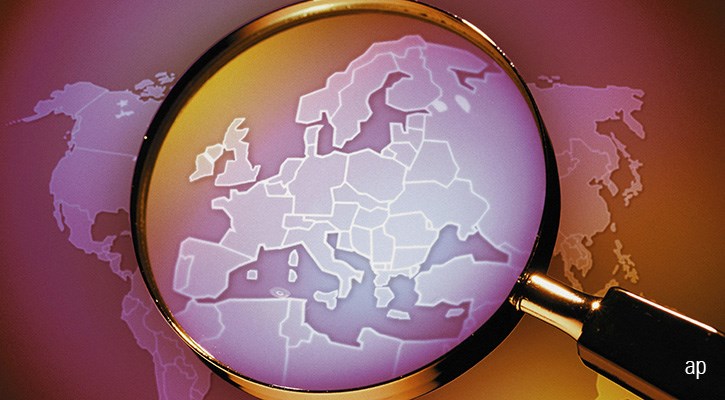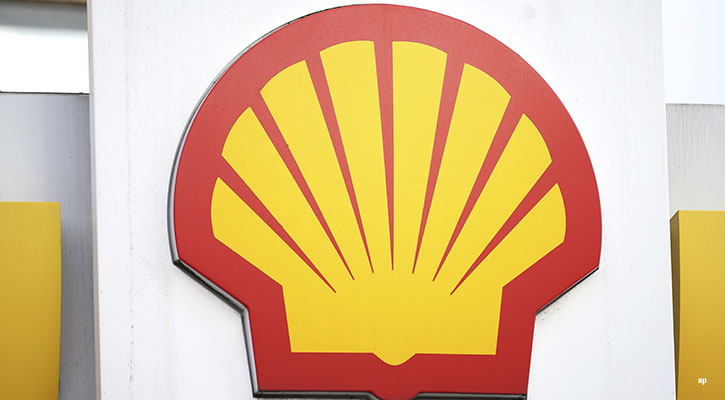
Poland and Bulgaria's Russian gas supplies are no more. Russian energy giant Gazprom is complaining importers do not want to pay their bills in rubles, and, for its part, Polish natural gas company PGNiG is talking about a breach of contract.
In March, the Kremlin demanded its European customers pay in the Russian national currency and threatened to stop deliveries if they didn’t pay ball. European countries unanimously insisted on the contractually-agreed payment in Euros or US dollars.
However, according to Bloomberg, certain European companies may have caved in to the Kremlin. Four European countries have already paid in rubles, and ten have opened an account with Gazprombank to switch payments as of mid-May, unnamed sources suggest. If the reports are correct, the EU Commission would view it as a breach of the sanctions imposed on Russia.
European gas markets reacted to the delivery stoppage with strong premiums. Contracts for May opened at around 126 EUR/MWh. That was around 20% above the closing price of the previous day (103 EUR/MWh). Nerves calmed quickly, however, and the price was around 107 EUR/MWh in the afternoon.
Commerzbank analysts assume the effect will be limited. Although Bulgaria is around 75% dependent on Russian imports, demand has fallen sharply due to spring temperatures.
Meanwhile, Poland's Prime Minister Mateusz Morawiecki has reassured citizens their nation's supply security is not at risk. Indeed, the country has long been preparing to diversify. It will take more Norway and import terminals for liquefied natural gas (LNG). Gas storage facilities are currently almost 76% full, according to data from Gas Infrastructure Europe.
Empty Elsewhere
Other European countries can only dream of that. In Germany, the largest storage market in Europe and the fourth largest in the world (after the USA, Russia and Ukraine), the fill level is just 33%. The situation is similar in Italy, which has the second-largest capacity in Europe, where reserves are almost 35% full. The Netherlands is at 25%.
In any case, Europe's gas storage facilities were emptier than usual this winter given the time of year, even before the Russian attack on Ukraine, and high prices globally are to blame. LNG was mainly shipped to Asia, where customers were willing to pay even higher prices than in Europe, which was also expensive. Added to this were below-average temperatures and temporary declines in production in the US, Goldman Sachs Commodity Research says. Against that backdrop, Europe chose to use of its storage reserves.
Commerzbank still thinks the effect will be limited, though. Although Bulgaria is around 75% dependent on Russian imports, demand has fallen sharply due to spring temperatures.
Nervous Markets
Things worsened when Russian troops invaded Ukraine. Fear has ruled the market since February 24, and two fears specifically: that Europe will add gas to its list of sanctions; or that Russia will simply turn off the gas supply – as has now happened.
Prices on the leading European market TTF rose by 50% on February 24. The front-loaded month contract closed at €87.76/MWh on February 23. The day after it was €130.66/MWh. Quotations reached a temporary high on March 7 at €217.29/MWh.
Since then, prices have fallen a little. Recently they’ve sat below the €100/MWh mark, but they skyrocketed again on April 27. Increases on the US market have been less dramatic since February 24, but prices have still risen sharply.
Deutsche Disparity
Germany is a special case. It is the largest gas consumer in Europe, and is highly dependent on Russian imports. Its reserves were at a real low at the beginning of 2022, but it began refilling earlier than in previous years given the escalating situation in Ukraine.
What is striking, however, is how empty Germany’s largest storage facility is. It sits in Rehden, Lower Saxony, which, as luck would have it, is currently in the hands of Gazprom subsidiary astora GmbH. It’s practically empty at 0.51%, and has been for a year.
When other companies refilled in spring and summer, the picture in Rehden was different. Its levels were constantly below 10% last summer, which some market observers interpreted even then as an attempt by Russia to drive prices up.
According to GIE data, a total of 29 companies operate around 40 gas storage facilities in Germany. Uniper (UN01) currently has the largest gas reserves with around 19.4 TWh on hand.
And it’s precisely that disparity that will probably land the company severe losses in the first quarter of 2022. After market close on Tuesday this week, Uniper said its earnings before interest, taxes, depreciation and amortisation (Ebitda) were €830 million in the red, versus the €731 million it made in the same period last year. Its shares on the German MDAX index opened on Wednesday morning at €21.74, a discount of around 10 percent compared to the daily high of the previous day.
























